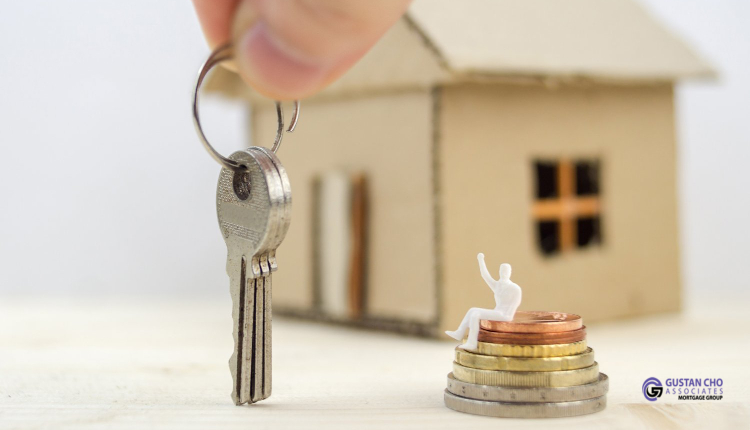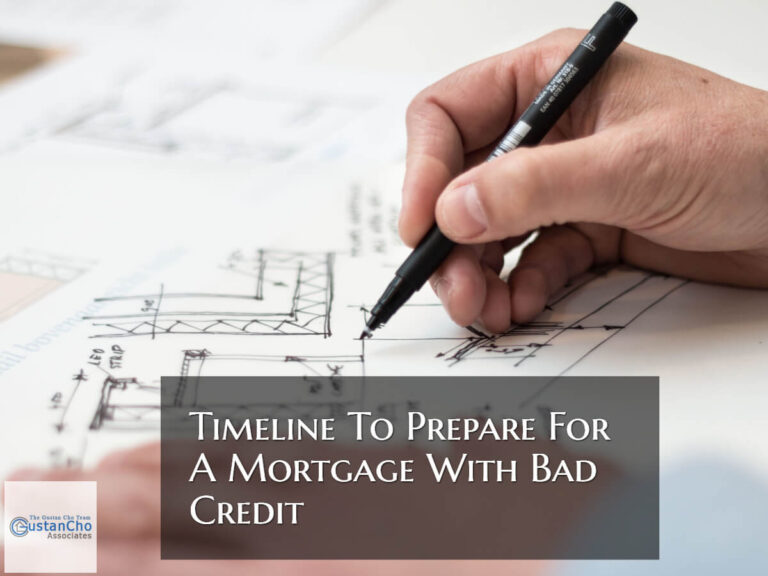how to buy a house with bad credit first-time home buyer
Understanding Bad Credit
Bad credit can seem like a significant barrier when trying to purchase your first home. However, with the right knowledge and preparation, it’s entirely possible to secure a mortgage even with a low credit score. Bad credit typically means a FICO score below 620, but don’t lose hope. Let’s explore how you can still achieve your dream of homeownership.
Assess Your Credit Situation
Before starting your house hunt, it’s crucial to understand your current credit status. Obtain your credit report from all three major credit bureaus: Equifax, Experian, and TransUnion. Review your reports for errors and dispute any inaccuracies you find. This step can sometimes improve your credit score quickly.
Save for a Larger Down Payment
A substantial down payment can significantly enhance your chances of getting approved for a mortgage with bad credit. Aim for at least 20% of the home’s purchase price. A larger down payment reduces the lender’s risk and can sometimes compensate for a lower credit score.
Explore Government-Backed Loans
Government-backed loans are designed to assist individuals with less-than-perfect credit. Here are a few options:
FHA Loans
The Federal Housing Administration (FHA) offers loans that are accessible to borrowers with lower credit scores. With a minimum credit score of 580, you can qualify for a down payment as low as 3.5%. If your score is between 500 and 579, you might still qualify with a 10% down payment.
VA Loans
If you are a veteran, active-duty service member, or a member of the National Guard or Reserves, you may be eligible for a VA loan. VA loans often do not require a down payment or private mortgage insurance (PMI), making them an excellent option for those with bad credit.
USDA Loans
The United States Department of Agriculture (USDA) offers loans to individuals in rural and suburban areas. USDA loans typically do not require a down payment, and you can qualify with a credit score as low as 640.
Consider a Co-Signer
If possible, enlist the help of a co-signer with good credit. A co-signer agrees to take responsibility for the loan if you default, which can provide the lender with added security and improve your chances of approval.
Seek Out Subprime Lenders
Subprime lenders specialize in offering loans to individuals with bad credit. While these loans often come with higher interest rates and fees, they can be a viable option for first-time home buyers struggling to get approved elsewhere. Be sure to compare offers and read the terms carefully before committing.
Improve Your Credit Score
While it may not be a quick fix, working to improve your credit score is one of the best long-term strategies for securing a mortgage. Here are a few steps you can take:
- Pay Bills on Time: Your payment history significantly impacts your credit score. Consistently paying bills on time can gradually improve your credit.
- Reduce Debt: High levels of debt can negatively affect your credit score. Focus on paying down existing debts to lower your debt-to-income ratio.
- Avoid New Credit Inquiries: Each new credit application can slightly lower your score. Avoid applying for new credit in the months leading up to your mortgage application.
Get Pre-Approved for a Mortgage
A pre-approval letter from a lender shows sellers that you are a serious buyer. This can be especially beneficial when you have bad credit, as it demonstrates to sellers that a lender is willing to finance your purchase.
Shop Around for the Best Rates
Interest rates and terms can vary significantly between lenders, especially for those with bad credit. Take the time to shop around and compare offers from multiple lenders. Look for the best combination of interest rates, fees, and terms that suit your financial situation.
Negotiate with the Seller
When you find a house you love, don’t be afraid to negotiate with the seller. In a buyer’s market, sellers may be more willing to make concessions, such as paying for closing costs or making necessary repairs, which can make the purchase more affordable.
Work with a Real Estate Agent Experienced with Bad Credit Buyers
A knowledgeable real estate agent can be an invaluable resource, especially when navigating the home-buying process with bad credit. Look for an agent who has experience working with buyers in similar situations. They can provide guidance, recommend reputable lenders, and help you find properties within your budget.
Conclusion
Buying a house with bad credit as a first-time home buyer may present challenges, but it is far from impossible. By understanding your credit, saving for a larger down payment, exploring government-backed loans, and taking steps to improve your credit score, you can increase your chances of securing a mortgage and achieving your dream of homeownership. Remember to shop around for the best rates, consider a co-signer, and work with experienced professionals to make the process as smooth as possible.





